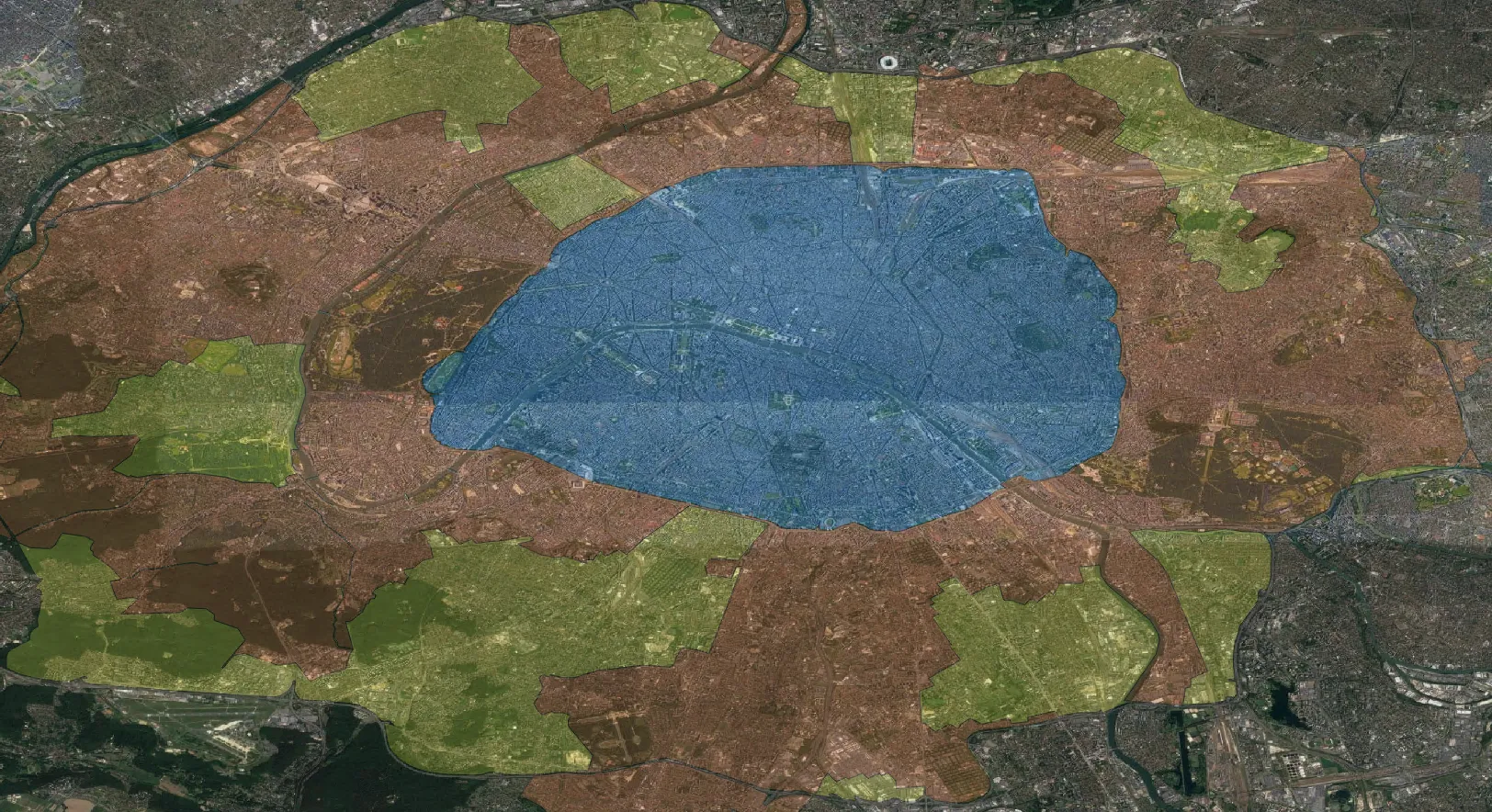A new application programme interface (API) developed by UrbanThings for Bristol City Council claims to provide easy and free access to a huge wealth of transport data in one place, making it possible for innovative technologies to be developed.
The Bristol API supports the Council’s approach to opening up data sets, as it already does through the Bristol open data portal and is being further developed by the Bristol Is Open project. The wider aim is to work with the technology community to explore ways
January 5, 2016
Read time: 2 mins
A new application programme interface (API) developed by UrbanThings for Bristol City Council claims to provide easy and free access to a huge wealth of transport data in one place, making it possible for innovative technologies to be developed.
The Bristol API supports the Council’s approach to opening up data sets, as it already does through the Bristol open data portal and is being further developed by the Bristol Is Open project. The wider aim is to work with the technology community to explore ways to use and present the data framed around relevant and actual transport challenges in the city.
The new web-based service has been specifically designed to provide information such as live bus and train times, stop locations, route maps and other data, although it is not restricted to public transport.
Developers interested in building apps, websites, connected devices or even customer information displays will be able to use transport data for Bristol and the West of England region completely free for the next year.
It also gives instant updates on occupancy in local car parks as well as electric vehicle charging locations. It is currently possible to provide live statistics on bicycle dock availability in London and New York, meaning the API could be attractive to developers and further adding to the benefits of The Bristol API.
The Bristol API supports the Council’s approach to opening up data sets, as it already does through the Bristol open data portal and is being further developed by the Bristol Is Open project. The wider aim is to work with the technology community to explore ways to use and present the data framed around relevant and actual transport challenges in the city.
The new web-based service has been specifically designed to provide information such as live bus and train times, stop locations, route maps and other data, although it is not restricted to public transport.
Developers interested in building apps, websites, connected devices or even customer information displays will be able to use transport data for Bristol and the West of England region completely free for the next year.
It also gives instant updates on occupancy in local car parks as well as electric vehicle charging locations. It is currently possible to provide live statistics on bicycle dock availability in London and New York, meaning the API could be attractive to developers and further adding to the benefits of The Bristol API.









